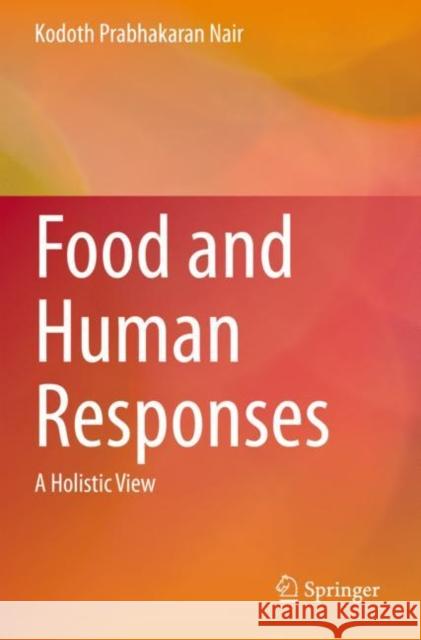Food and Human Responses: A Holistic View » książka
topmenu
Food and Human Responses: A Holistic View
ISBN-13: 9783030354398 / Angielski / Miękka / 2021 / 228 str.
Food and Human Responses: A Holistic View
ISBN-13: 9783030354398 / Angielski / Miękka / 2021 / 228 str.
cena 403,47
(netto: 384,26 VAT: 5%)
Najniższa cena z 30 dni: 385,52
(netto: 384,26 VAT: 5%)
Najniższa cena z 30 dni: 385,52
Termin realizacji zamówienia:
ok. 22 dni roboczych
Dostawa w 2026 r.
ok. 22 dni roboczych
Dostawa w 2026 r.
Darmowa dostawa!
Kategorie:
Kategorie BISAC:
Wydawca:
Springer
Język:
Angielski
ISBN-13:
9783030354398
Rok wydania:
2021
Wydanie:
2020
Ilość stron:
228
Oprawa:
Miękka
Wolumenów:
01











